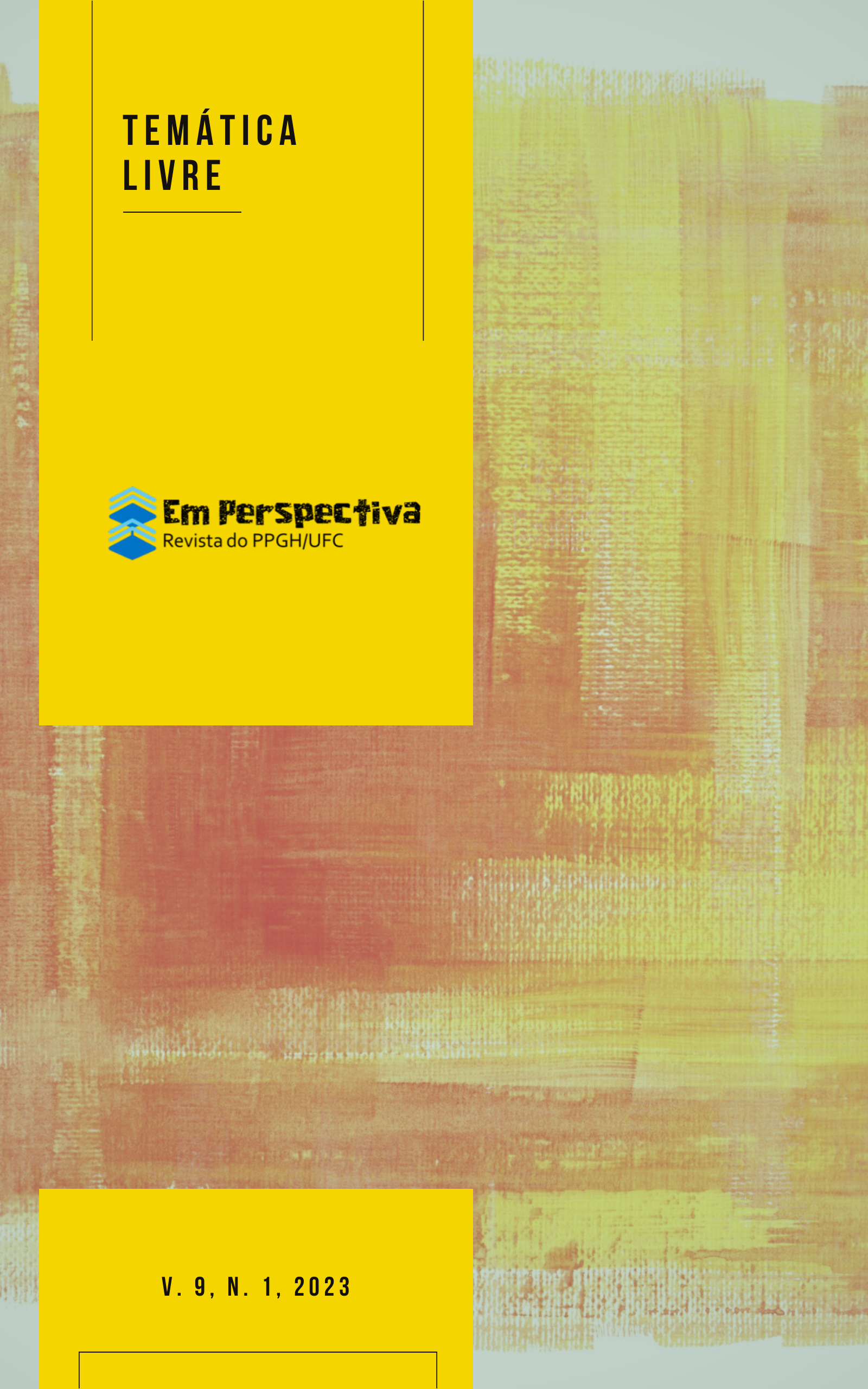And when do we tell our stories?
Accounts in a racist degree.
Keywords:
Epistemicide. Racism. Anti racism.Abstract
“Who can speak?”, asks Kilomba (2019, p. 33) who contests the production of scientific knowledge and to make it possible, as an ontoepistemological tool, to mark the unmarked (scientific privilege) and talk about the badly spoken (racism). The entry into the university of people who were historically constructed as objects of scientists leads to a tension via exposure of a curious silencing about the production of the fiction of neutrality of a certain type of subject-system (man, white, cis, hetero). It is noteworthy that racial recognition made by black people as an essential part of the construction and sharing of knowledge is a strategy for the production of autonomy, for black people to talk about themselves, marking the trajectory as part of doing science. Thus, understood as affiliations, most of the references used were from black people about racism and racial tensions in the Brazilian context, as well as other literary sources in confluence with these themes, facilitating the formulation of a scientific report of a biographical-collective nature about the crossings of a racist background for black people. What does this storytelling tension, inaugurate or speak? Thus, this writing is an attempt at an anti-racist exercise within an academic background.
Published
How to Cite
Issue
Section
License
Copyright (c) 2024 Manoel Nogueira Maia Neto

This work is licensed under a Creative Commons Attribution-NonCommercial-NoDerivatives 4.0 International License.


1.png)

.png)
2.png)
.png)


.png)


.png)
1.png)
2.png)
